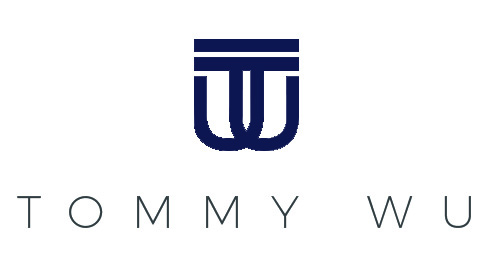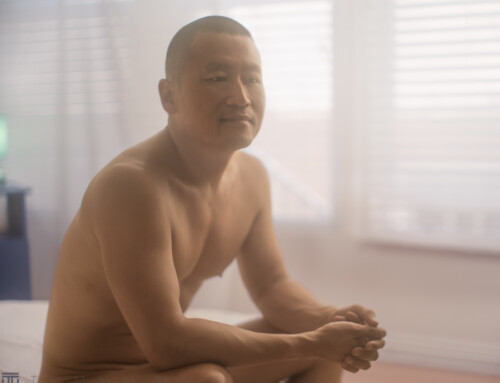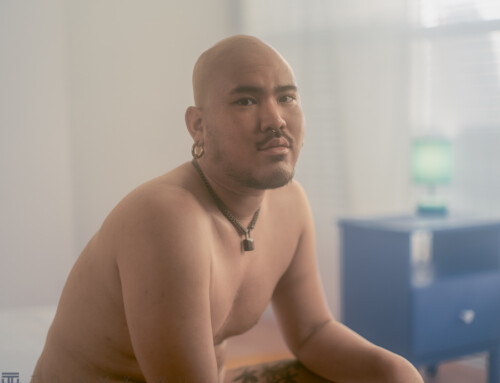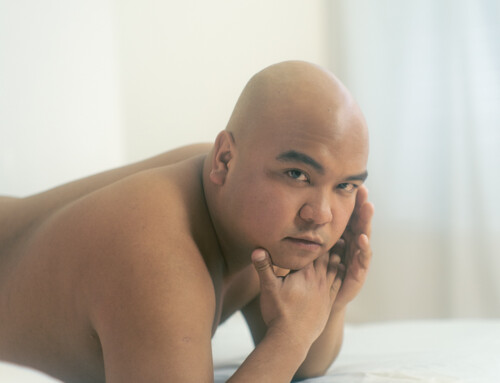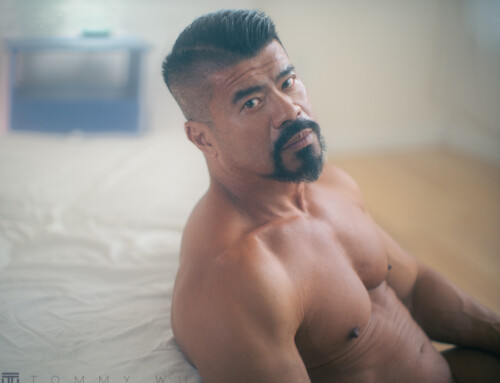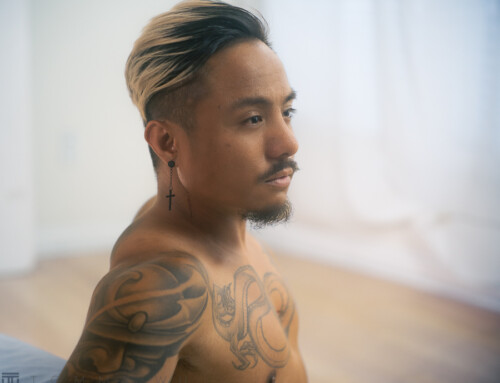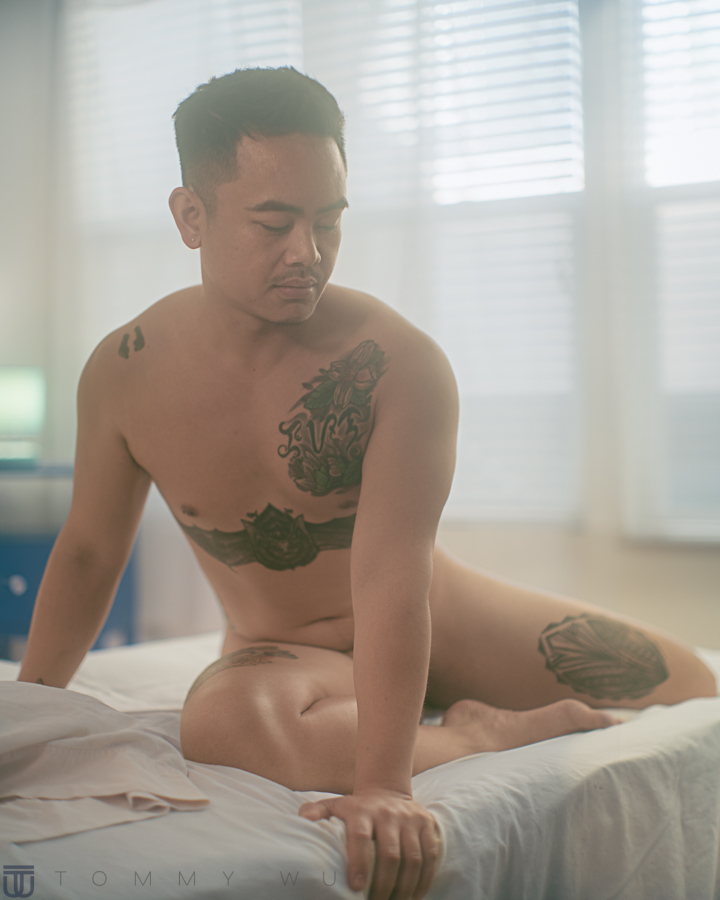
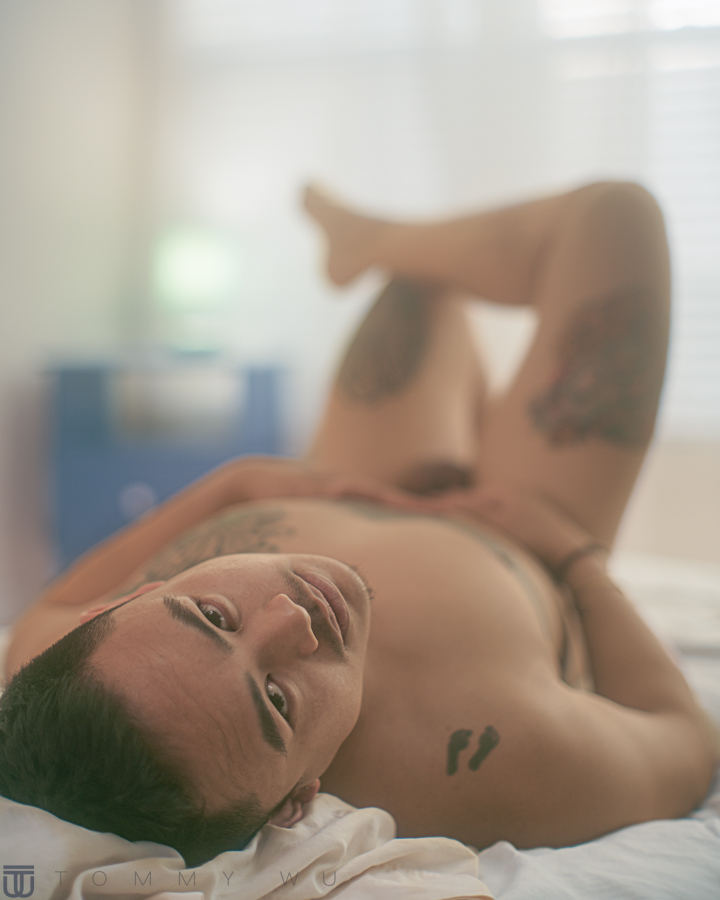
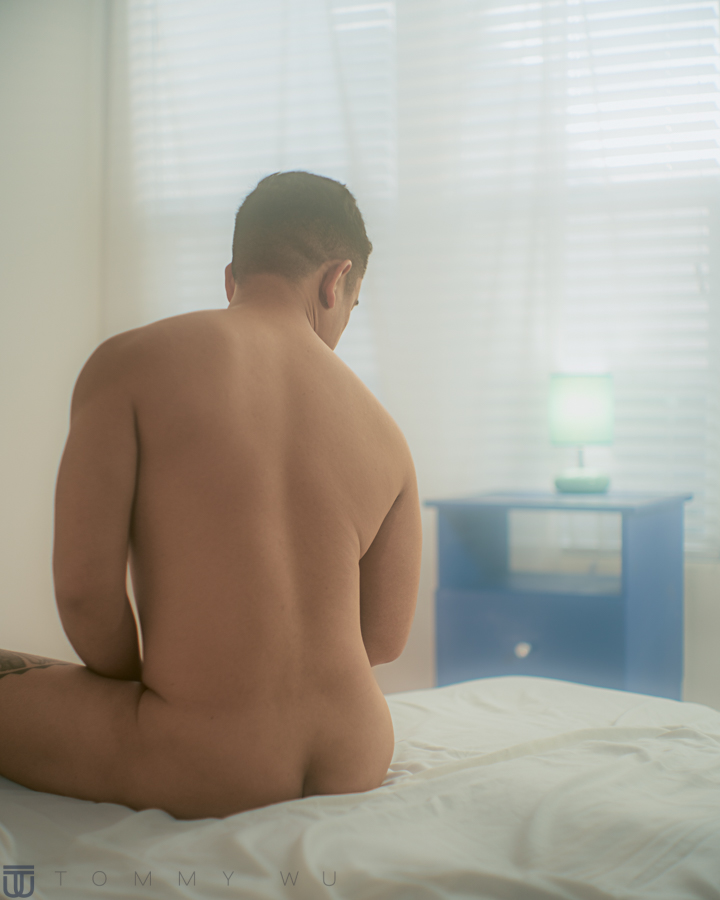
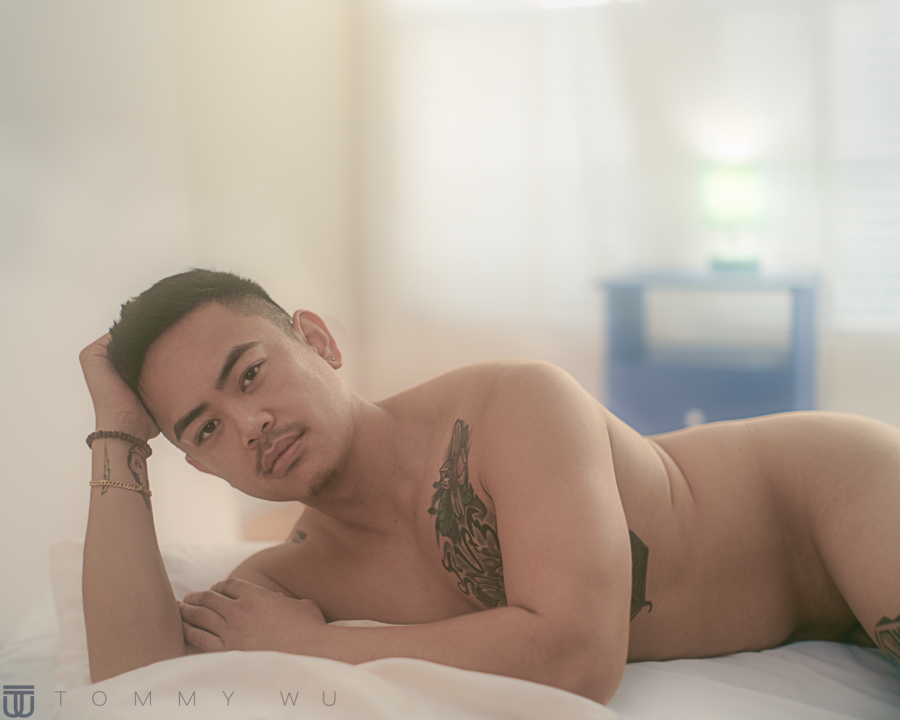
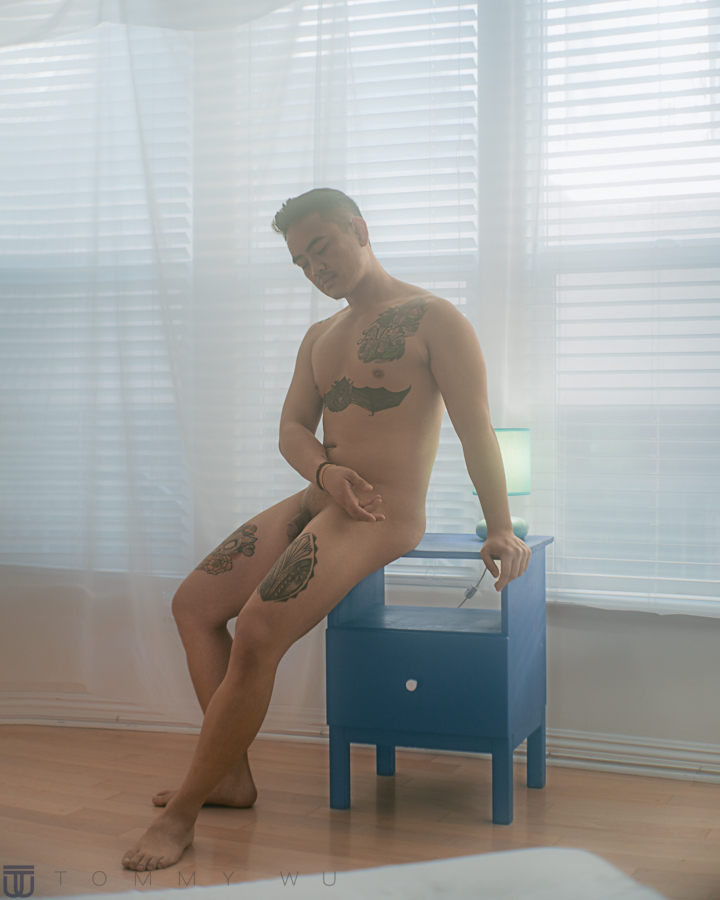
Interview
I’m Filipino. I am first-generation Asian American. My parents were both born in the Philippines, culturally of course Filipino, but the subset of Kapampangan. So that’s the language that my mom and dad speak, and they also speak Tagalog. And I’m the youngest of five siblings.
I think when I was younger I felt that in order to be a successful American, you had to be more white and more like other people. And for a very long time I didn’t really show pride in my Filipino heritage or my being Asian because I was modeled that it wasn’t the best way to live.
But something else that I was also dealing with was coming to terms with my queerness and my queer identity. And I thought that if I made good grades and I did all these extracurriculars that it would make my parents happy, and they wouldn’t see those other parts of me that I was trying to hide. We had a neighbor, and I remember one of the sons came out, and my mom had heard about it. And she’s so religious that I think she thought that that was a disappointment to that family, and she made a remark. And after she said that, I was like, “Well, I definitely can’t tell her who I am and what I am.”
And then one of my interests when I was in high school and college was dance, and when I went to college one of the first things I wanted to do was join a dance team. And the first one that I joined was connected to the Filipino American Student Association on campus, and that’s one of the first times where I started to learn more about that part of me by just sharing space with other people who are Filipino and Asian.
I have my master’s degree in Communication Disorders and Sciences from California State University Northridge, and I am a licensed speech pathologist in a field where I believe the numbers are 96% women and 92% Caucasian. And when I was going to school it was very shocking because in all my classes nobody looked like me. I used to feel outnumbered and like a minority, and now I’ve taken some time to reframe that my uniqueness is something that this field needs, and I’m more proud of it now.
When I think about my sexual and relationship history I counted too many times that other gay men’s initial interest in me stemmed from my race or the ethnic characteristics of being Filipino or Asian. And so there’s a kind of fetishization of Asian men, and usually it’s for them to be put in a more submissive role and someone who’s always going to “take care of you.” And there are some folks who fetishize Asian men. But then on the other end there are some people who want nothing to do with Asian people at all. And I’ve experienced that a lot with online dating, where they’ll be very interested in my body pictures but when they see a face and they see that you’re Asian, I’ve been blocked or I’ve just been told No.
I have to be honest and say that I haven’t always really thought Asian men were beautiful because I wasn’t really ever told that growing up. But now that I’m older and now that I’ve even built more of a relationship with myself and how I see myself and my body, I think Asian men are gorgeous, Asian men are hot. And we’re not a monolith, and so there are so many types of Asian men, and we have many different shades and body shapes and characteristics. The more that I live this life, the more that I enjoy how I look and the features that make my body and my look unique.
